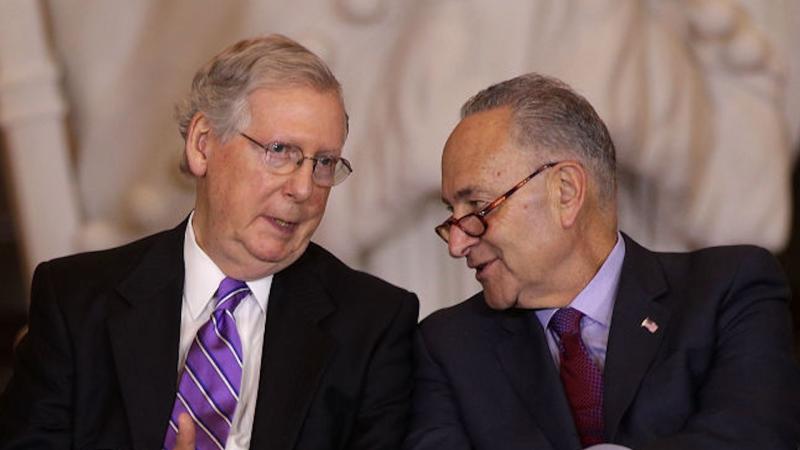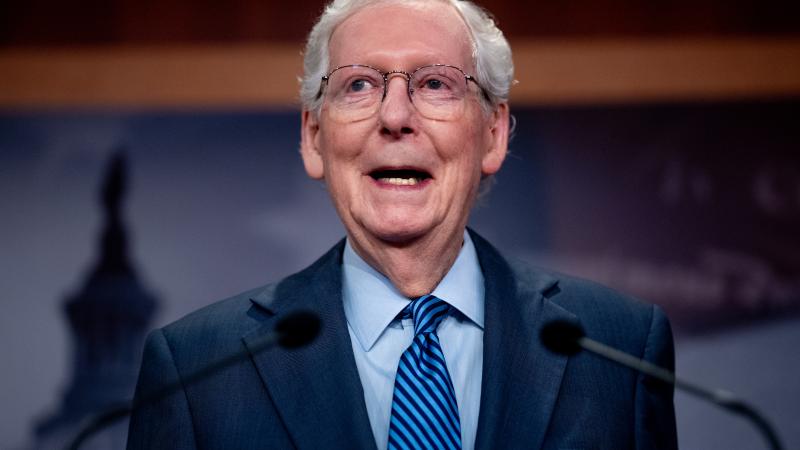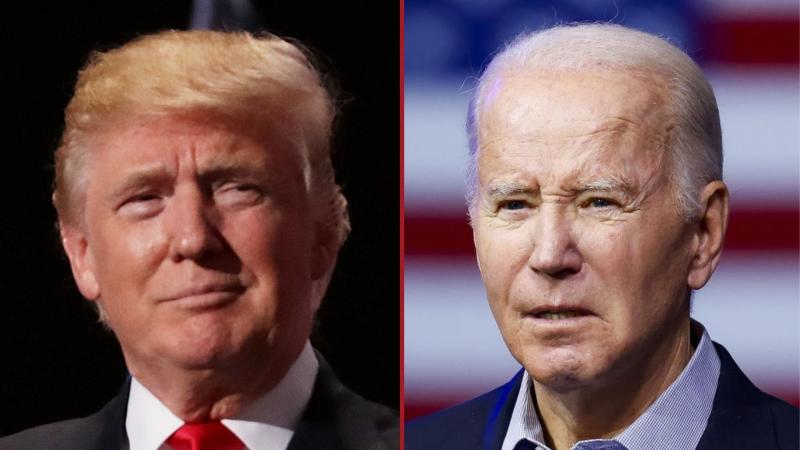Taxpayers pay millions per year for multiple retirement plans serving already wealthy legislators
Critics of taxpayer-funded retirement plans for members of Congress wonder why their representatives are allowed to double-dip into taxpayer-funded plans, especially when the median net worth of a U.S. member exceeds $1.1 million.
The Golden Horseshoe is a weekly designation from Just the News intended to highlight egregious examples of wasteful taxpayer spending by the government. The ward is named for the horseshoe-shaped toilet seats for military airplanes that cost the Pentagon a whopping $640 each back in the 1980s.
This Independence Day weekend, our award is going to the United States Congress for billing taxpayers millions of dollars, in perpetuity, for multiple cushy pension and savings plans for their members.
Members of Congress are eligible for 401(k)-equivalent plans, in addition to generous pension plans. Members of Congress (and other federal employees and members of the uniformed services) are eligible for the Thrift Savings Plan, which is essentially the same as an employer-backed 401(k) retirement fund, except that in this case, the “employer contribution” is actually funded by U.S. taxpayers. The Thrift Savings Plan offers a 5% match rate and competitively low administrative fees, making it widely viewed as one of the best deals around. As of 2019, more than 5.5 million Americans were Thrift Savings Plan participants.
Critics of taxpayer-funded retirement plans for members of Congress wonder why their representatives are allowed to double-dip into taxpayer funded plans, especially when the median net worth of a U.S. member exceeds $1.1 million.
Nancy Pelosi, for instance, is speaker of the House of Representatives. Accordingly, she earns the highest salary in Congress at $223,500 annually. Her net worth is also estimated at between $50 million and $72 million. Taxpayers have contributed $282,965 to Pelosi’s Thrift Savings Plan over her 34-year congressional career, and when she retires her pension will be worth $106,363 annually, in addition to the $47,604 yearly in social security payments she will be eligible to receive, according to calculations by Open the Books.
Majority Leader Mitch McConnell is the third-longest-serving member of the Senate, and has an estimated net worth of $22 million. Today, McConnell takes home $193,400 annually. Over the years, taxpayers have put $273,700 into the majority leader’s Thrift Savings Plan, which, if invested in an S&P 500 index fund, would be worth $1.1 million. But McConnell is also eligible for a pension plus annuities plan of $142,902 annually, should he retire.
Members of Congress are, on average, significantly wealthier than the average American and, typically, are presented with opportunities to grow their bank accounts and investment funds when they leave office. They have every right to do just that, but should American taxpayers also be footing the bill for multiple substantial retirement plans?
Senator Mike Braun, a Republican from Illinois, believes members of Congress should be able to opt out of the public pension plans provided to them. He’s even sponsored legislation to that effect.
“If we remove the luxurious perks from Congress, we’ll get better leaders,” Sen. Braun recently told Open the Books. “It’s time we make Washington more like the private sector, and the best place to start is to end taxpayer-funded pensions — like Nancy Pelosi’s six-figure annual pension — that Senators and Congressman are entitled to in retirement.”
Braun says that, if forced to accept a Senate pension, he will donate the money to charities from the state he represents.
The recently departed Dr. Tom Coburn, a Republican from Oklahoma, who served in the Senate for 10 years, and the House before that, opted out of his federal pension by employing a virtually unheard of loophole. The possibility of exemption was done away with by Congress when they eliminated the option in the 2004 Appropriations Act.
Senator Braun’s pension legislation S. 439 (Member of Congress Pension Opt Out Clarification Act) passed the Senate last winter, but is presently stuck in lower-chamber limbo, awaiting markup in the Committee on House Administration.
















